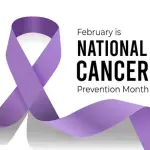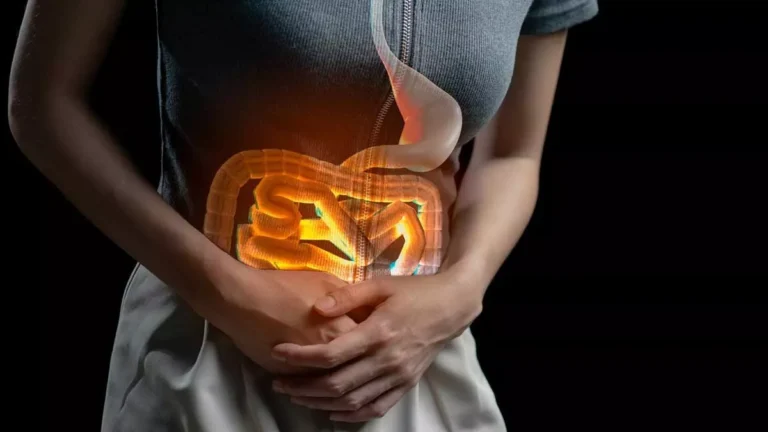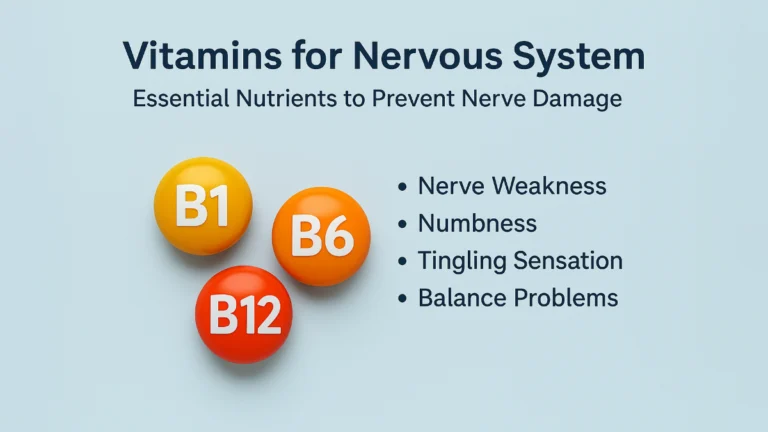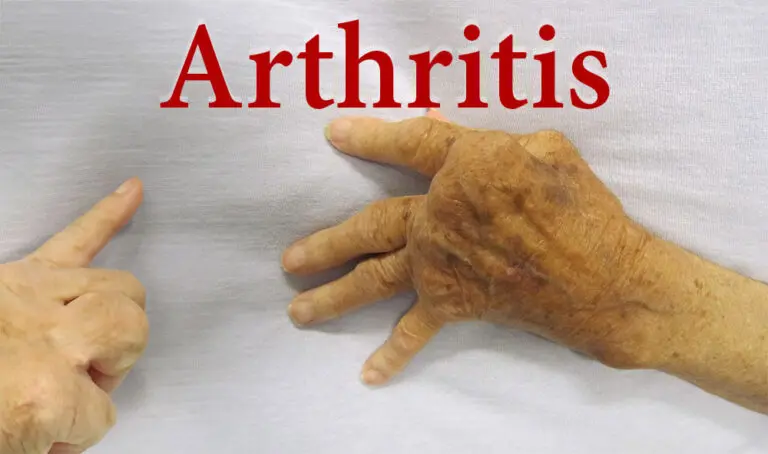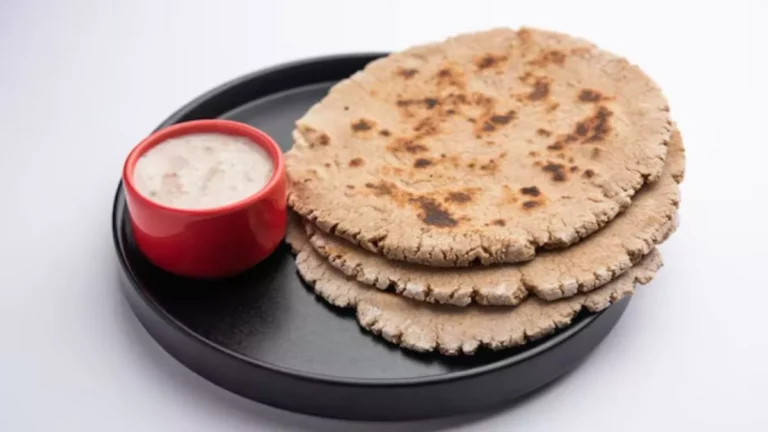Drinking coffee on an empty stomach has both advantages and disadvantages, but doing so for a long time can lead to many health problems. Let’s understand in detail.
7 Benefits of Drinking Coffee on an Empty Stomach
Drinking coffee on an empty stomach can offer several potential benefits, although it’s important to balance them with the potential drawbacks. Here are seven benefits:
- Increased Alertness: Caffeine can boost your energy levels and improve focus, making you more alert and ready to tackle tasks, especially in the morning.
- Enhanced Metabolism: Some studies suggest that caffeine can stimulate metabolism, potentially aiding in weight loss or weight management when consumed on an empty stomach.
- Improved Mental Performance: Coffee can enhance cognitive functions such as memory, attention, and reaction time, particularly when consumed without food, which can give you a sharper mental edge.
- Antioxidant Boost: Coffee is rich in antioxidants, which can help combat oxidative stress and inflammation, contributing to overall health.
- Reduced Risk of Certain Diseases: Regular coffee consumption has been linked to a lower risk of various diseases, such as type 2 diabetes, Alzheimer’s, and Parkinson’s disease, which might be enhanced by drinking it on an empty stomach.
- Appetite Suppression: Drinking coffee before meals can help suppress appetite, which may assist in portion control and reduce overall calorie intake.
- Quick Energy Source: For those who need a quick pick-me-up, coffee can provide an immediate source of energy and help kick-start your day, especially for early risers.
10 Side Effects of Drinking Coffee on an Empty Stomach
Drinking coffee on an empty stomach can have several potential side effects. Here are 10 of them:
- Increased Anxiety: Coffee can stimulate the central nervous system, leading to heightened feelings of anxiety and restlessness, especially when consumed on an empty stomach.
- Acid Reflux: The acidity in coffee can irritate the stomach lining and increase the production of stomach acid, potentially causing acid reflux or heartburn.
- Stomach Irritation: Drinking coffee without food can lead to gastrointestinal discomfort, including cramps, nausea, or bloating.
- Dehydration: Coffee is a diuretic, which can lead to increased urination and, if not balanced with water intake, dehydration.
- Jitters and Tremors: Consuming caffeine on an empty stomach can result in physical symptoms such as jitteriness or hand tremors.
- Increased Heart Rate: Caffeine can cause a temporary spike in heart rate, which may be more pronounced when consumed without food.
- Insulin Sensitivity Issues: Some studies suggest that drinking coffee on an empty stomach can affect insulin sensitivity, potentially leading to blood sugar fluctuations.
- Reduced Nutrient Absorption: Drinking coffee may hinder the absorption of certain nutrients, such as iron and calcium, particularly if consumed frequently without food.
- Addiction and Dependence: Regularly consuming coffee on an empty stomach can lead to a dependency on caffeine, resulting in withdrawal symptoms if coffee is not consumed.
- Mood Swings: The combination of caffeine and an empty stomach can lead to mood fluctuations, potentially causing irritability or feelings of sadness as blood sugar levels drop.
What to do?
- If you have to drink coffee in the morning, it is better to have a light breakfast or a banana first.
- You can choose decaffeinated coffee so that the effect of caffeine is less.
- Green tea or herbal drinks can also be a good option.
Coffee on an empty stomach occasionally does not cause harm, but making it a daily habit can be harmful for the stomach and health. Therefore, it is important to maintain a balance.
Disclaimer: The information provided in this content is for educational and informational purposes only and is not intended as medical advice. Drinking coffee on an empty stomach can have different effects on different individuals, and the potential benefits and drawbacks may vary. If you have any concerns about your health or how coffee consumption may affect you, please consult with a healthcare professional. Always listen to your body and make choices that align with your personal health needs.



